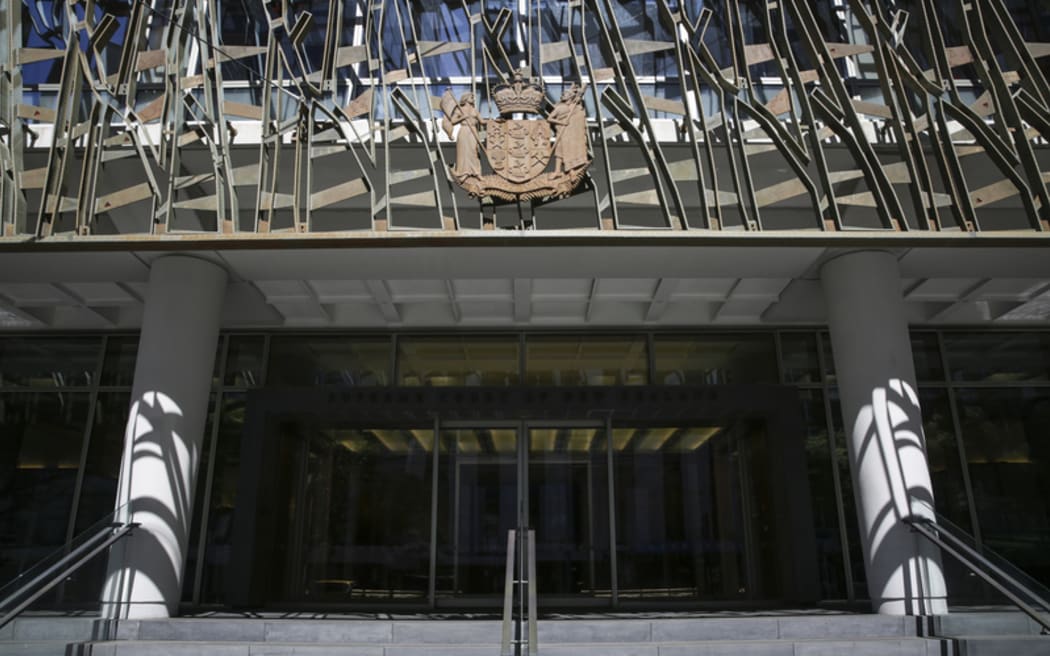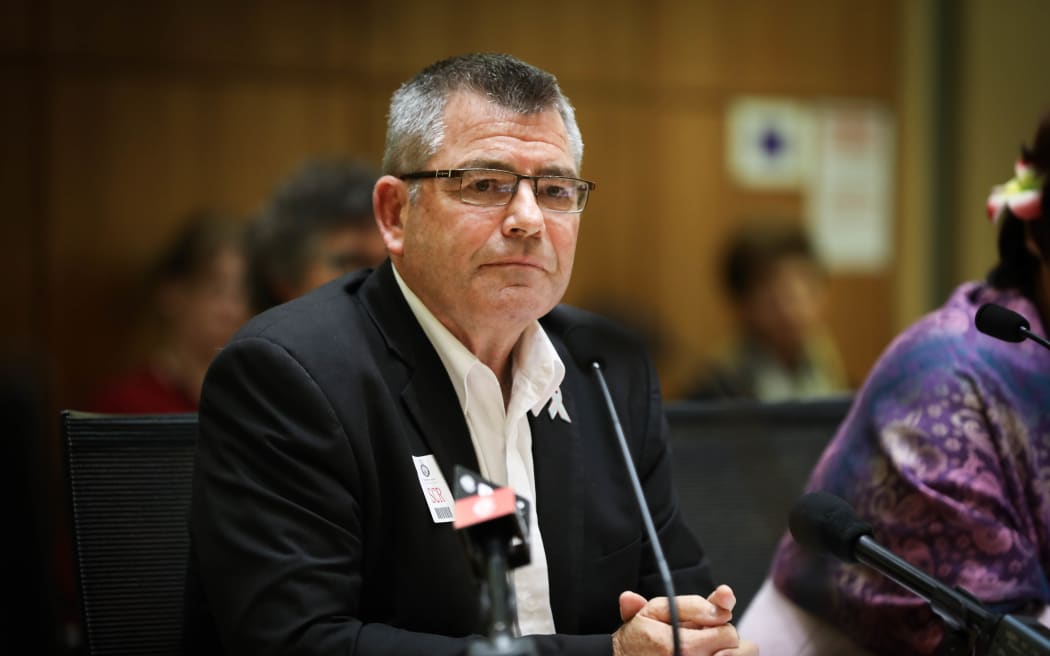The Supreme Court has ruled Family First does not qualify for charitable status, saying the group's work is not compatible with charity.

The Supreme Court. Photo: RNZ / Rebekah Parsons-King
The court's judges found the organisation's advocacy was not fair, balanced or respectful.
In 2013 the Charities Registration Board decided Family First no longer qualified for charitable status, saying that expressing one-sided views was not educational, and Family First's main purpose was political.
The board reconsidered its decision in 2014 after the Supreme Court decided having a political purpose was no longer a bar to being a charity, but came to the same conclusion.
Family First appealed against its second deregistration, but the High Court dismissed the appeal. That decision was then reversed by the Court of Appeal, which found the organisation did qualify as a charity.
The Supreme Court has now overturned that decision.
A summary released by the court said expressing a viewpoint was not an automatic disqualifier, but charities must genuinely seek to educate rather than advocate, and do so in a objective and balanced way.
"Applying that test, the Court found that Family First's purpose (exhibited by its trust deed and activities) crossed the line between education and advocacy. Its research reports lacked the balance that is required to further an educative purpose," the summary read.
The organisation also did not qualify on the grounds of benefits to the general community.
"It advocated a particular version of the family, being the traditional man-woman marriage. Its purposes are discriminatory - it advocates for measures to prefer the traditional family to the disadvantage of others."
The Court said Family First's engagement on abortion, assisted dying, prostitution, and censorship did not necessarily support its wider purpose of advocating for marriage and family.
Instead, it said these were free-standing political objects which people held differing views on and said it could not determine whether the views promoted were publicly beneficial or otherwise charitable.
In addition to the judges' joint findings, Justice Joe Williams noted that since at least 1805 the law had avoided hard-and-fast rules for identifying charitable purposes, which had resulted in inconsistencies.
To help guide future decision-making, he suggested selflessness could be used a touchstone.
"Substantially self-regarding purposes should not, in principle, be charitable," the court's summary read.
He noted Family First's promotion was self-referential and was not about community.
"Family First's advocacy is not fair, balanced or respectful, so its advocacy is not charitable."
Family First has declined RNZ's requests for an interview, but, in a written statement, chief executive Bob McCoskrie said everyone should be concerned about freedom of expression and open debate.
"This decision is a sad day for the freedom of speech and belief in New Zealand, and sets a disturbing precedent. The attempt - some would label it a 'witch hunt' - by the Charities Board to deregister Family First is a watershed decision, not just for Family First, but for the whole country," he said.
"An overly restrictive or narrow view of what is in the 'public benefit' is likely to be of concern to all charities, many of which have a certain emphasis or point of view.
"It also appears that certain views of marriage and family are now deemed out-of-bounds by the State. Deregistration of Family First is a legal victory for those ideologues who want to take power away from the family and give it to the state."
He said the real question was whether other charities that were also political advocates would be targeted.

Family First chief executive Bob McCoskrie Photo: VNP / Daniela Maoate-Cox
But charities researcher Dr Michael Gousmett said Family First's deed had a very narrow purpose that was clearly not charitable and discriminated against some people.
He said most charities would not be affected by the decision, as long as they were clear about the charitable aspect of their purpose.
"The difficult area is this one here, the public benefit area and the role of advocacy versus political activity, which is commented on in the judgment," he said.
"They're the complex areas, but as far as I'm concerned if you step over the mark and you are pushing for a particular political purpose, that is not charitable."
However, Charities Law director Sue Barker said charities should be able to freely advocate for causes they believe in.
She said Family First was first deregistered for opposing the same-sex marriage bill, and while people may not agree with the organisation's vews, that shouldn't be enough to deregister it as a charity.
"The problem with using that as the yardstick is what happens when we have a decision-maker who has a different view?" she said.
"Are we going to lurch from one view to another? I really am worried that if Family First can be deregistered for engaging in the democratic process, any charity can."
Barker said the decision highlighted the need for the government to clearly define what a charitable purpose is as part of its review of the Charities Act.



